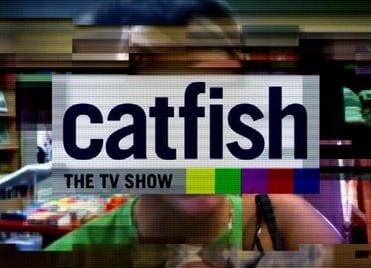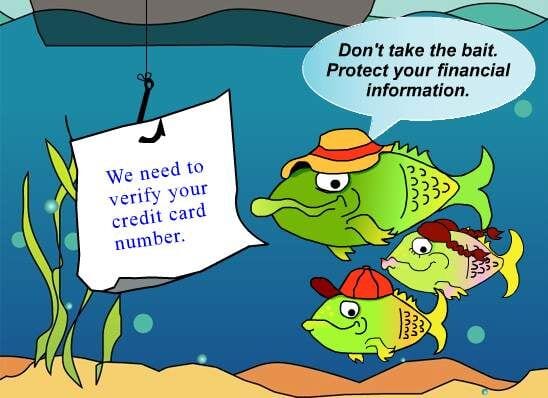Florida Waterways
“NEW FISH-RELATED TERMS IN 2019”
By Kevin McCarthy
CAPTIONS:
Catch and release
The real Coney Island
Phishing warning
“The Catfish TV show”
“The City in Slang” book
Phishing from a computer
As a professional linguist my whole career, I’ve long been interested in new words or new meanings for old words. For example, a fascinating look at the speech of New York City in a book entitled “The City in Slang” indicated that the 1840s had a slang expression like this: “West of Sixth Avenue no true codfish likes to swim,” meaning that the wealthy and aristocratic did not like to venture past the exclusive Sixth Avenue.
In the 1930s the phrase “Coney-Island whitefish” referred to used condoms floating in the water at the popular beach. A long-time phrase used throughout America for a newspaper is “fish wrapper” indicating what some people considered the only good use for a newspaper.
In recent times, as dating apps developed their own phrases, we have such fish-related expressions as “catch and release” to describe a person who puts much effort into pursuing a desirable date until, when the person finally agrees to a date, the other loses interest in favor of pursuing a new target.
“Catfishing” on the dating scene, which came from the TV show and 2010 movie of the same name, refers to the practice of messaging someone who is pretending to be someone else. The ease of disguising one’s real identity has given us the term and the expression “I’ve been catfished” for one who was thus deceived.
A similar phenomenon is “kittenfishing” to describe the practice of portraying oneself in a false, positive light in an online dating profile. Examples could be using a Photoshop app to make us look much better than we are, using an older photo that shows us quite attractive, or listing a false profession, for example “lawyer” or “doctor” instead of the more accurate “law student” or “medical student.” The term “kittenfishing” is related to the above-mentioned “catfishing,” but is considered a “lite” version of the latter.
A much more insidious-meaning term is “phishing,” which refers to the practice of fraudulently obtaining sensitive information (passwords, user names, credit card details) by pretending to be a trustworthy entity. It is a homophone, a word that is pronounced the same as another, but differing in meaning. Both practices (fishing and phishing) use some kind of bait to catch victims. Two similar water-related terms are “spear fishing” (which is directed to a specific individual) or “whaling” (which is directed at senior executives and high-profile targets).
We’ll continue to have references to “big fish” and “little fish” in terms of bad people involved in crimes and also references to “sharks” and of course “drain the swamp.”
Kevin McCarthy, the author of North Florida Waterways 2013 – (available at amazon.com), can be reached at ceyhankevin@gmail.com.






